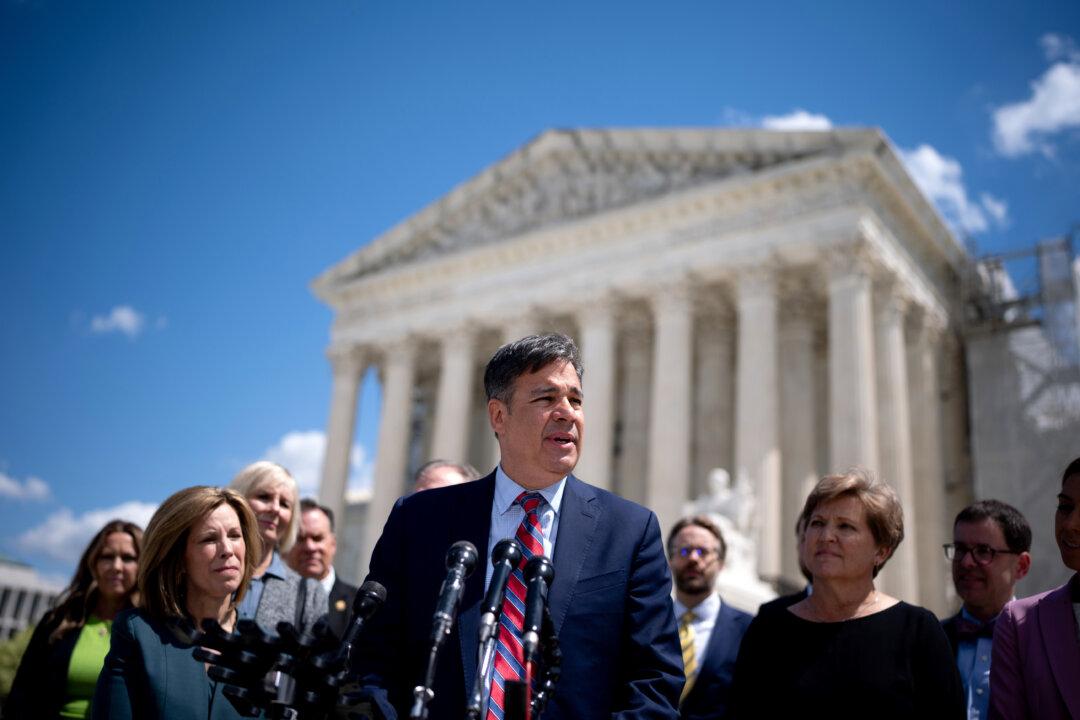Idaho’s law against “abortion trafficking” can be enforced, a U.S. appeals court ruled on Dec. 2.
Groups that challenged the law are unlikely to succeed in their claims that the statute infringes on their First Amendment rights, a panel of the U.S. Court of Appeals for the Ninth Circuit ruled.





